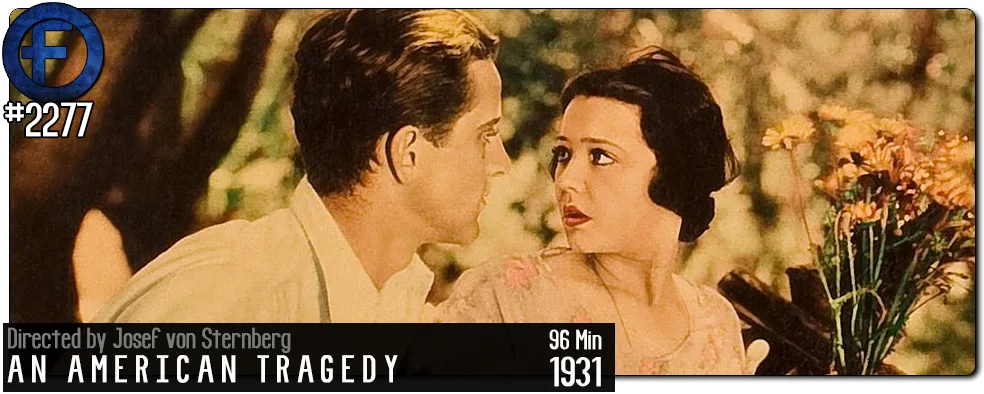Movie Review – An American Tragedy
Principal Cast : Phillips Holmes, Sylvia Sidney, Frances Dee, Irving Pichel, Frederick Burton, Claire McDowell, Wallace Middleton, Emmett Corrigan, Charles B Middleton, Lucilla La Verne, Albert Hart, Fanny Midgley, Arnold Korff, Russell Powell.
Synopsis: A poor factory worker employed by a wealthy uncle falls in love with a beautiful heiress, but his happiness and promising future are jeopardized by a previous affair with a co-worker he impregnated.
********
Watching Josef von Sternberg’s 1931 legal drama An American Tragedy, I couldn’t help but think that it reminded me of another film I’d seem many years ago, to the point where my half-addled old-age brain was confused as to whether I’d seen this before! Turns out, An American Tragedy – based off a 1925 novel, which itself was based on a historic murder case from 1906 – is better known to film audiences under the title of the 1951 Best Picture nominated Elizabeth Taylor vehicle A Place In The Sun. I had no idea until I Googled it, although in fairness it’s been a decade or more since I watched A Place In The Sun, and only really have the vaguest recollections of it; An American Tragedy is grim, sour entertainment indeed, although calling it entertainment is a bit of a stretch compared to its bigger-budget descendent, when the characters and plot are so tangled in human failings.
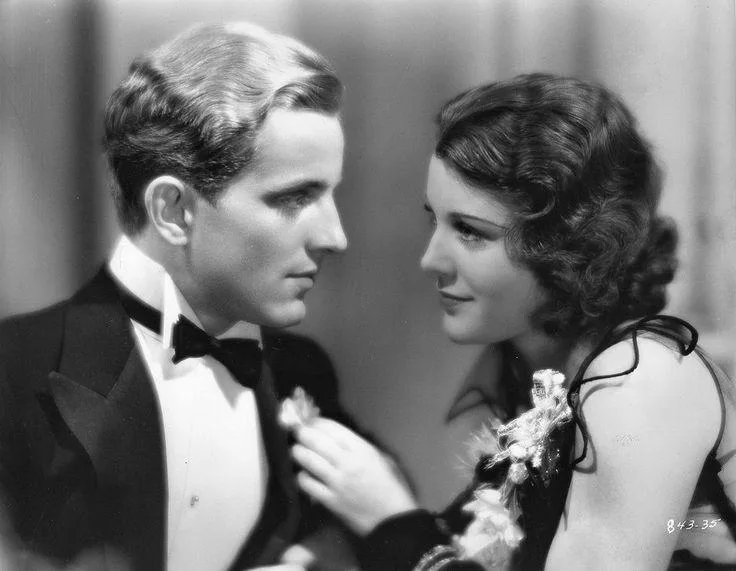
Young Clyde Griffiths (Phillips Holmes) is a poor, prospect-vacant son of street evangelists; he moonlights as a bellhop in Kansas City before a drunken vehicle accident in which he is a passenger causes the death of a young girl. Scared to be arrested, Clyde flees to Chicago, where he starts working for his wealthy Uncle, Samuel (Frederick Burton) in his shirt factory, where he is reminded that fraternization with the female staff is strictly prohibited. Clyde meets and falls for young staffer Roberta Alden (Sylvia Sidney), and seduces her until she falls pregnant; upon which time he moves on to another girl, the beautiful Sondra Finchley (Frances Dee), and they carry out an illicit affair. However, as Roberta badgers Clyde to marry her and not leave her to raise a bastard child, Clyde concocts a murderous plan to take Roberta to a lake to drown her – however, upon the precipice of carrying this out, he reneges, although in her protestations of love Roberta upends the boat and drown in the lake anyway. Arrested for Roberta’s murder, Clyde protests his innocence, while his lawyers declare it was an accident, leading to the court-case of the year in the Chicago legal fraternity.
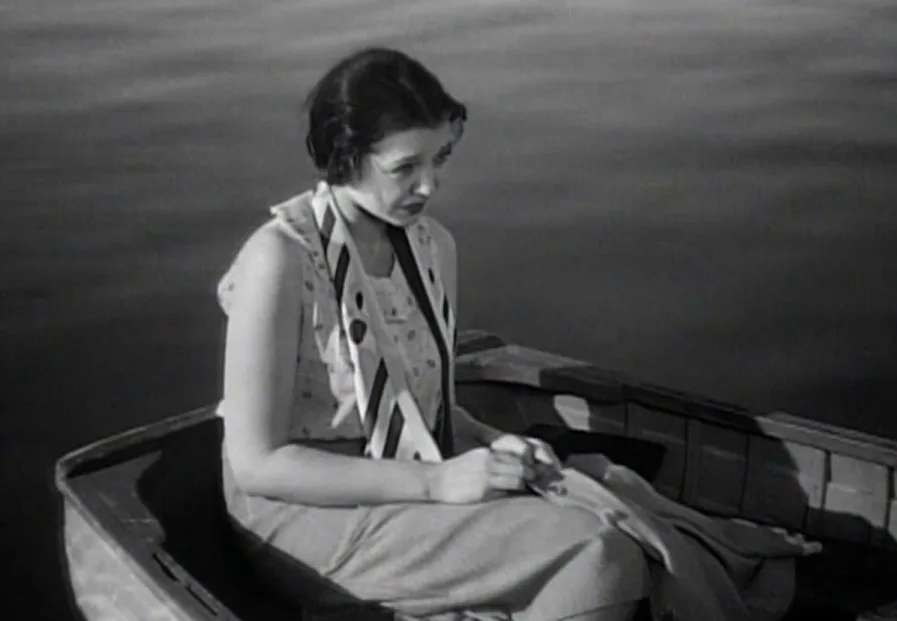
This film frustrated me. For such a grand title, I expected An American Tragedy to be, I don’t know, bigger somehow. That it ends up being a fairly over-the-top courtroom drama in its latter half is a bonus, because the acting in the film is roundly terrible in almost every respect – histrionic, thy name is Josef von Sternberg, I guess – but in all I found this film lacking in magnitude despite the earnestness of the central performances. A story like this needs far more room to breathe than von Sternberg’s briskly-paced 90-minute entry affords us. Characters are presented quite simplistically, the plot feels derivative of a hundred crime shows we’ve seen in the near-century since, and as mentioned the dialogue and performances are all quite overly theatrical, and lacking depth. I’d take a guess and suggest that many folks watching this in cinemas may have read the book or have been familiar with the real case the plot is taken from, and have a recency bias towards much of what transpires on-screen contrasted with their knowledge of the case, but in the 90-odd years since An American Tragedy was released, and the original book was written, almost nobody alive today would be able to recall it. Which means that a film made in the early 1930’s has to do a lot of heavy lifting to acclimate modern viewers to its tone and pop-culture aesthetic. The florid melodramatic dialogue is wooden and written for the stage – the film is largely based upon the 1926 stage play adaptation of the novel, from what I am able to discern – and that, unfortunately does not translate well to the screen at all.
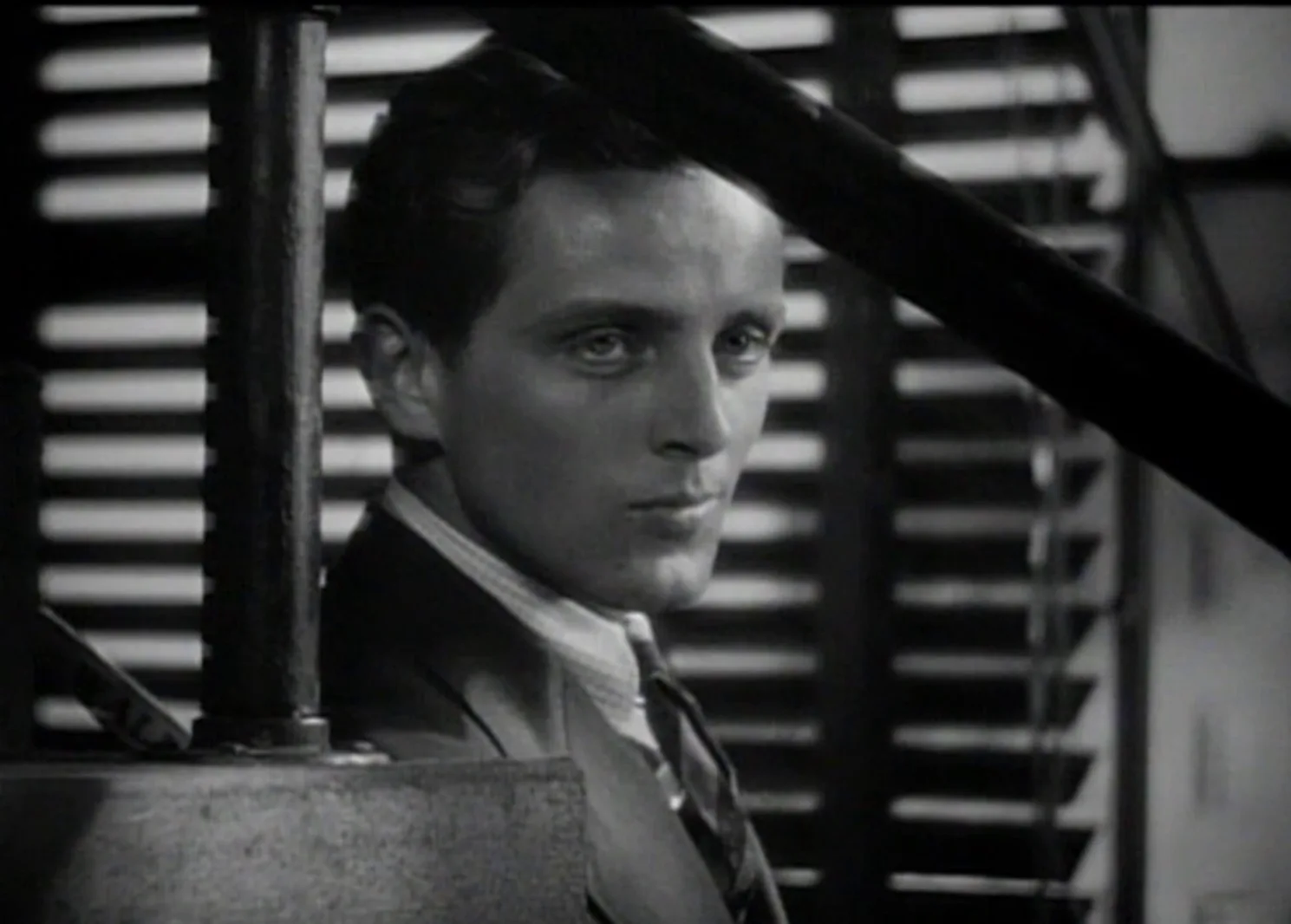
It doesn’t help that the acting is so poor. From Phillips Holmes’ wide-eyed and baffling performance as the spineless Clyde, to the tokenistic menage-a-trois love interests in Frances Dee and Sylvia Sidney, the generic, formulaic overacting by all on the screen becomes wearying quite quickly. That almost none of the characters are likeable or empathetic in any measure also makes the viewing tough, because at no point do you not sit there wanting to smack the shit out of these idiots for poor life decisions. Clyde, the film’s central character, is just an ass, and by the end as he’s sentenced to death you find yourself muttering that perhaps it’s for the best the gene pool ends with him. Sylvia Sidney, who would snag an Oscar nomination over 40 years later for Summer Wishes Winter Dreams in 1971, has the grace to attempt to make her wretched, needy, vapid Roberta a character worth feeling any sympathy for, but she struggles against breathless pandering and 30’s-misogynist filmmaking. Frances Dee has a slightly better time as Sondra, but as the “other woman” even she can’t make this one work. The raucous courtroom trial that lasts an interminable third of the movie is just painful to watch. I guess in 1931 this kind of desk-thumping, brow-wiping hysterical overacting would have played superbly to the poor and working class of the time but by today’s standards it’s asinine hokum that barely works as satire, it’s so awful. The lack of subtlety to the court proceedings – an actual fistfight breaks out between the lawyers at one point, and by this stage I decided I’d had enough and tuned out – makes a mockery of whatever serious subtext von Sternberg was trying to make.
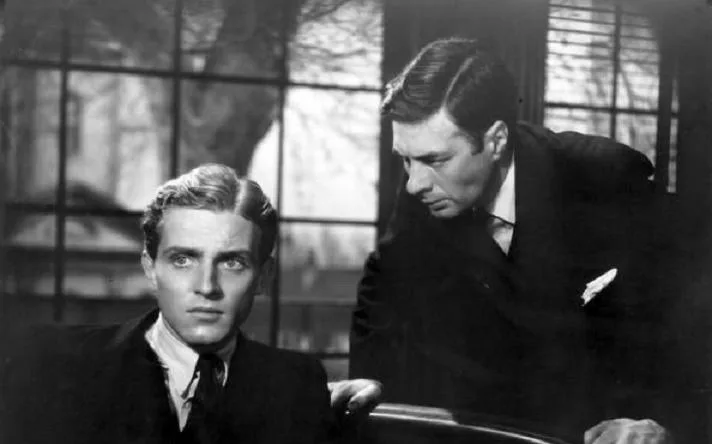
I know, it’s important not to judge a film nearly a century old by the standards and social conventions of our 21st Century modernity, but An American Tragedy just can’t avoid comparisons and juxtaposition. As a serious drama film it’s impossible to look at this film as anything but a complete mess, burdensome themes and social mores of the day coming across stupefyingly anachronistic and dumb now, and by the end I was laughing at how super-serious von Sternberg and his cast were trying to make it despite the exploding clown-car of dialogue and acting working against them. An American Tragedy is supremely well shot, in terms of its technical excellence, and contains a number of very cool sequences that tell a lot about the characters with regards to framing, lighting and the use of shadows. Kudos to legendary cinematographer Lee Garmes for at least making the film look every bit as dramatically weighty as von Sternberg wanted it to feel. Unfortunately, looks can be deceiving: on an intellectual level the film misses most of its subject matter’s darker themes by a wide mark, content to skip depth and nuance and replace it with dumbness.

